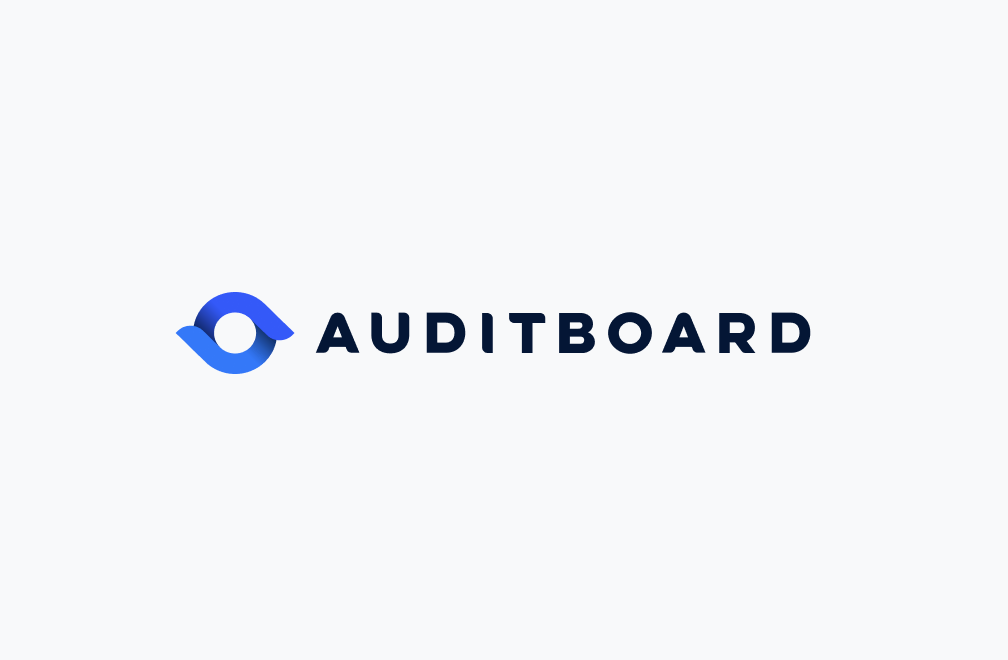4 Reasons Your Start-Up Needs an Internal Audit Function

Private companies, especially startups, are known for attracting entrepreneurial talent. Often the team is laser-focused on growing the business and achieving its goals with little thought into establishing a well-controlled environment. Creating an internal audit function early in your company’s history can bring significant long-term benefits. Every company, especially private companies and startups, can benefit from the specialized skills internal auditors bring to the business and the culture of control they can help establish.
As someone who has led internal teams at several organizations including startups, I have witnessed firsthand the difference an internal audit function can make. In this article, I will share four of the most important benefits I have seen internal audit bring to private companies and startups that build a foundation for long-term success.
1. Attain Regulatory Peace of Mind
Meeting regulatory compliance requirements can seem daunting for a new company. Internal auditors help ease the worry by independently assessing the organization’s operations, including financial reporting and other regulatory areas. Performing audits and/or establishing a pre-IPO SOX framework significantly increases accountability and transparency within the organization and assures stakeholders and regulators alike that the organization is operating efficiently, compliantly, and ethically.
Take for example the FTX collapse — when a new CEO took over during bankruptcy, he said the company had a “striking lack of financial records, internal communications, or even a clear idea of who worked there.” An internal audit function and well-controlled processes may have helped avoid that outcome.

2. Avoid Reputational Headaches
Internal auditors help the organization maintain a healthy reputation. Often startups wait to implement internal controls until after the company goes public which results in the Management team having to scramble to design, document, and test controls, especially their SOX controls. At that point, it could be too late to address issues identified during that process, resulting in significant deficiencies or material Weaknesses landing in the financial statements.
A recent KPMG study found that 40% of IPOs (60% of SPACs) had material weaknesses disclosed in year one. Investors become nervous, rightly so, the stock price can drop, and the resulting reputational damage could take years to reverse. This scenario and the resulting damage could be avoided by standing up an internal audit function early in the organization’s life cycle, and having that resource perform a pre-IPO assessment to help identify issues the team can correct.
3. Utilize an Internal Consulting Service
Many internal auditors possess an invaluable skill set: a strong consulting mindset. They have been trained to look for opportunities for internal audit to add value to the organization. They know how to guide teams to implement corrective actions to issues and more efficient processes.
For those unfamiliar with internal audit functions, this consultative function is even built directly into their mandate and the standards they follow as a profession. In developing this mindset, internal auditors hone their people, project management, and problem-solving skills. They learn to take a holistic view of an organization so they can recommend process improvements for more well-controlled operations.
Internal audit is also great at evaluating whether resources are being used effectively and whether the organization is achieving its goals and objectives, something other employees could be nervous sharing with their managers.
4. Establish a Culture of Control
The benefits of having internal auditors continue to grow as a company matures. Early on, they assist in establishing internal controls and act as internal consultants. As the company matures, the audit function works to embed a culture of control by providing consistent, objective advice and education to the organization. The nature of their work spans the entire organization. Their presence serves as a mechanism to break down silos, reinforce good business practices, open communication, and encourage collaboration – all of which can make or break a company.
Internal Audit: A Key Asset for Private Companies
A false perception exists that internal controls will stifle creativity or slow growth. An organization can proactively address issues and improve its overall performance by conducting thorough and objective internal audits.
Proactively investing in internal audit brings a wealth of benefits beyond diminishing the stress of achieving first-time SOX compliance by establishing internal controls earlier — embedding a culture of control through education can avoid the stress and cost of unnecessary missteps. Without regular and objective assessment of risk and internal controls, the organization may be more vulnerable to fraud, errors, and other risks that could ultimately harm its operations and reputation — which can slow growth, the opposite of what a startup is looking to achieve. Take it from someone who has been exactly where you are now — internal audit can be one of your high-growth company’s greatest assets for long-term success.

Chris Patrick, CIA, is the Head of Internal Audit and Sarbanes-Oxley (SOX) at Sunlight Financial, and previously led audit teams at Figure and RoundPoint Mortgage Servicing Corporation. He is currently a member of the Board of Governors with the Charlotte Chapter of the IIA, and has served as President of the Northern Virginia Chapter of the IIA. Connect with Chris on LinkedIn.


